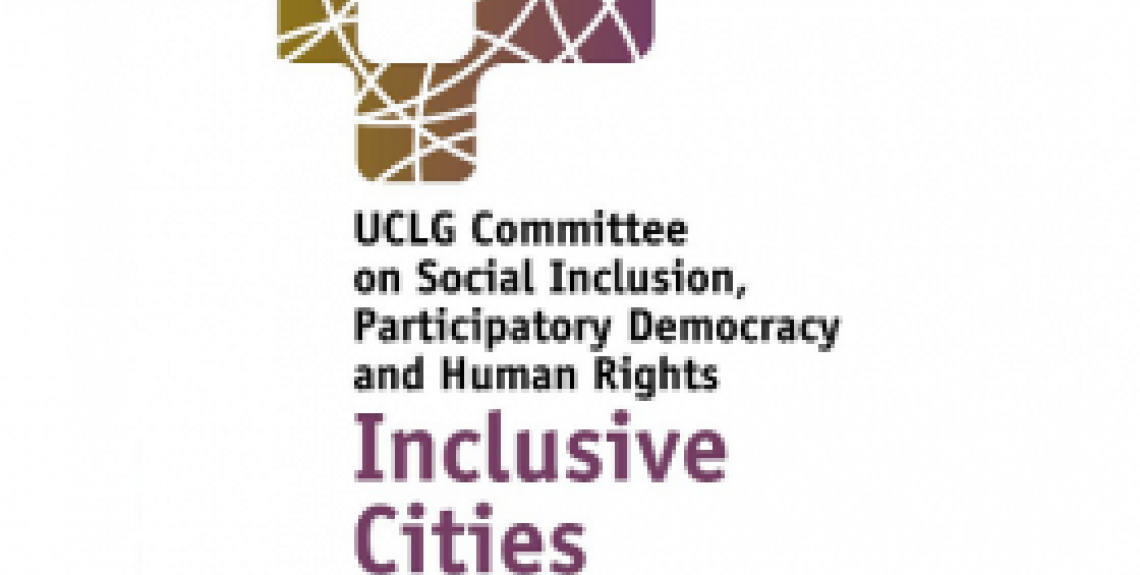The City of Vancouver’s Social Development Plan (SDP) is an example of a coordinated municipal Social Inclusion Framework, a municipal strategy to bring coherence to social goals by linking inter-connected social issues under one policy umbrella. In September 2005, in response to worsening social and economic inequality, declining civic engagement, and related concerns, Vancouver City Council endorsed the creation of the Social Development Plan.
Objectives and implementation
The objective of Vancouver’s SDP is to create a coordinated response to worsening social challenges that can guide and position the municipality to better respond to the changing needs of Vancouver’s population and provide for strategic, long-term planning. The SDP puts a social ‘lens’ on the work all civic departments, boards, or commissions regardless of their core functions.
Vancouver’s SDP is stewarded by staff members in the Social Planning Department, and supported by an inter-departmental Technical Team made up of representatives from all major City departments, agencies, and commissions. Initial development/implementation phases included research, staff engagement, targeted stakeholder consultation and engagement processes, and broader community consultations. In its initial phases, the policy was funded indirectly through the City of Vancouver budget for staff positions to develop the SDP, organize and carry out consultation processes, and conduct research.
Results
During the first two stages of the policy’s development, four general categories of contributions were observed: internal and external stakeholder mobilization; improved information and intelligence; clarified municipal social inclusion goals and accountability (in process); and political leverage for the City. Policy beneficiaries are viewed as all citizens, vulnerable groups, and decision-making institutions. Further, by codifying social inclusion goals in an official policy framework, Vancouver is positioned to engage in more coordinated inter-agency decision-making, lobby higher levels of government for appropriate resources, and motivate new partnerships and approaches to action with local organizations and citizens.
Limits and recommendations
The main obstacles encountered in the early phases of the policy were: institutional buy-in; resources; institutional capacity and professional expertise to develop and implement cross-cutting social inclusion strategies; and mechanisms for inter-institutional decision-making. More broadly, the capacity of local governments to address social inclusion in a multilevel governance context where non-local orders of government administer most of the relevant policies is an issue. Further, ensuring meaningful citizen participation during consultations and in the identification of actions is critical. A list of recommendations to cities that want to formulate and implement social inclusion policies is included in the narrative of the case.
- See the whole case study


